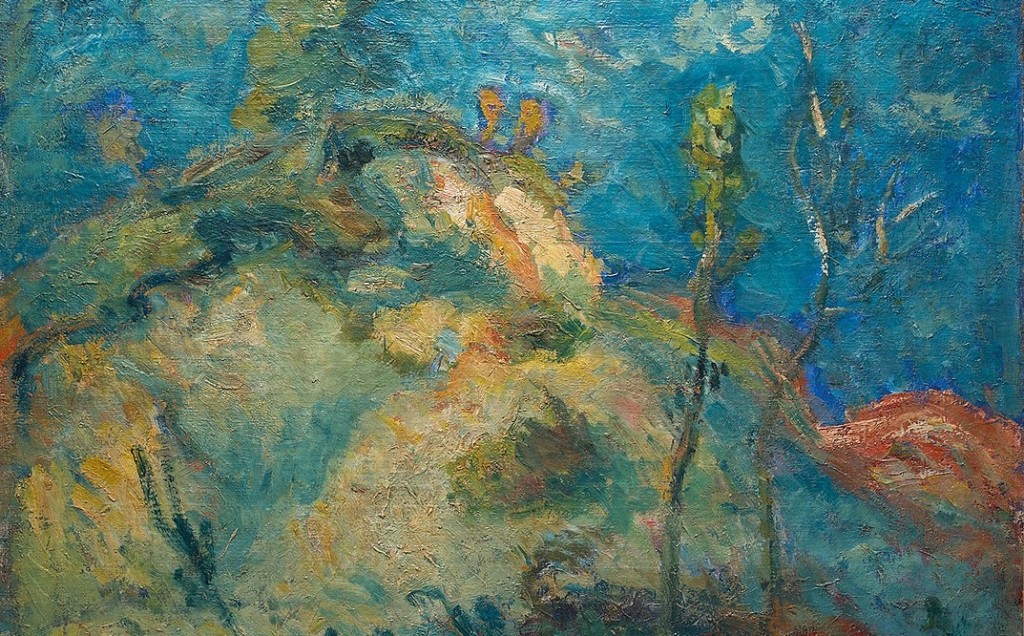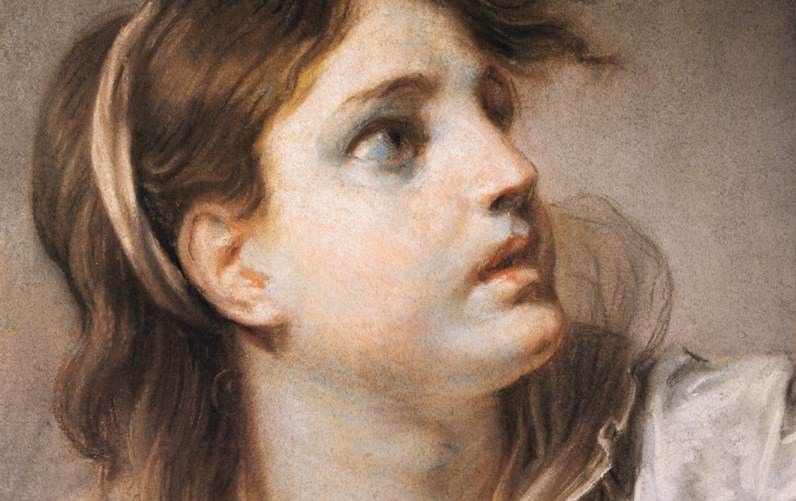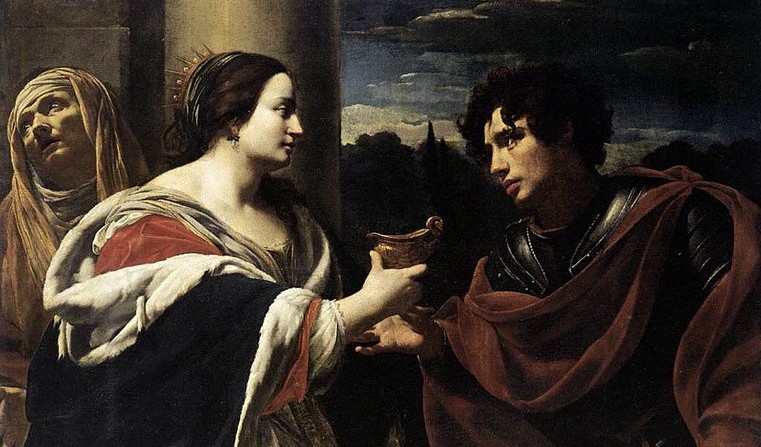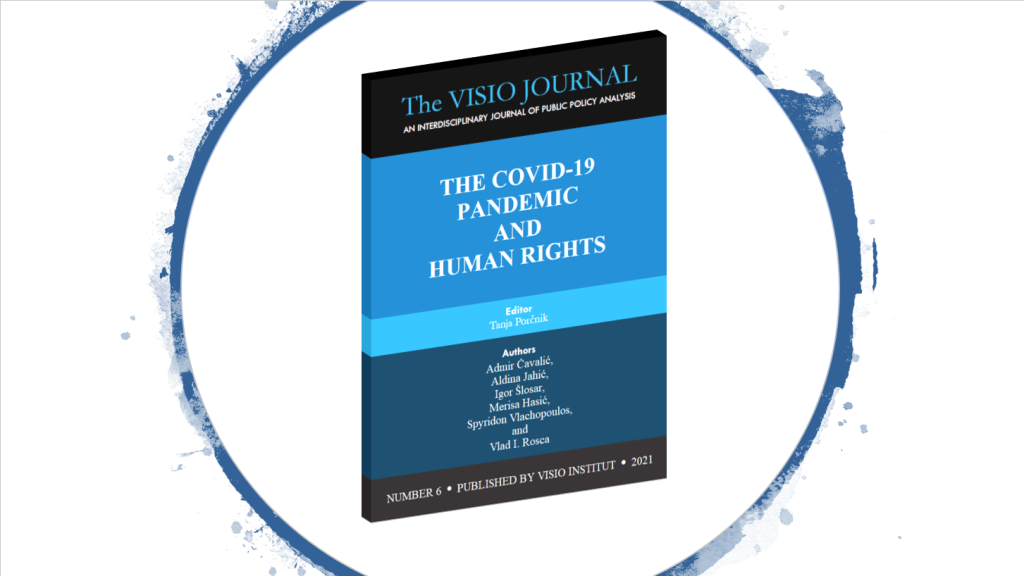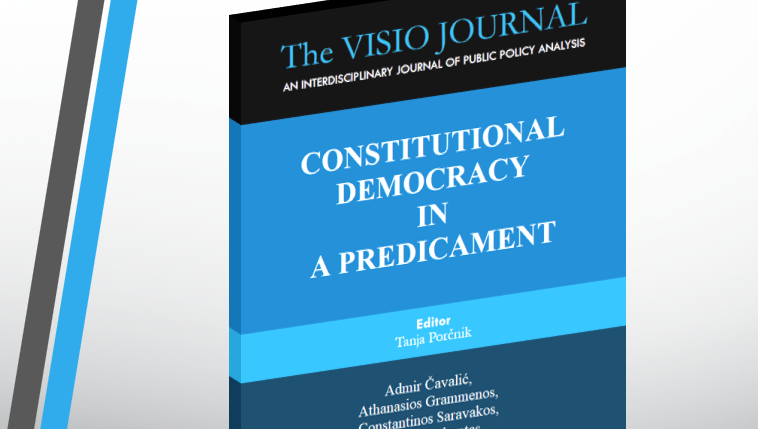
Industrial Revolutionizing of Social Contract: 4.0 Generation Prospects
BY
Visio Institut / January 17, 2023
For a \"materialistic\" person, the social contract is a bizarre \"mental\" product, close to alien/UFO mythologies: many people complain that they found themselves speaking of it without ever seeing it. Frustratingly, it is supposed to have been signed before being spoken of. On top of that, it was presumably sealed before being properly signed.




![Euroscepticism in Russia-Ukraine War [EVENT] Euroscepticism in Russia-Ukraine War [EVENT]](http://4liberty.eu/phidroav/2022/06/event-republikon-visio-1024x561.png)
